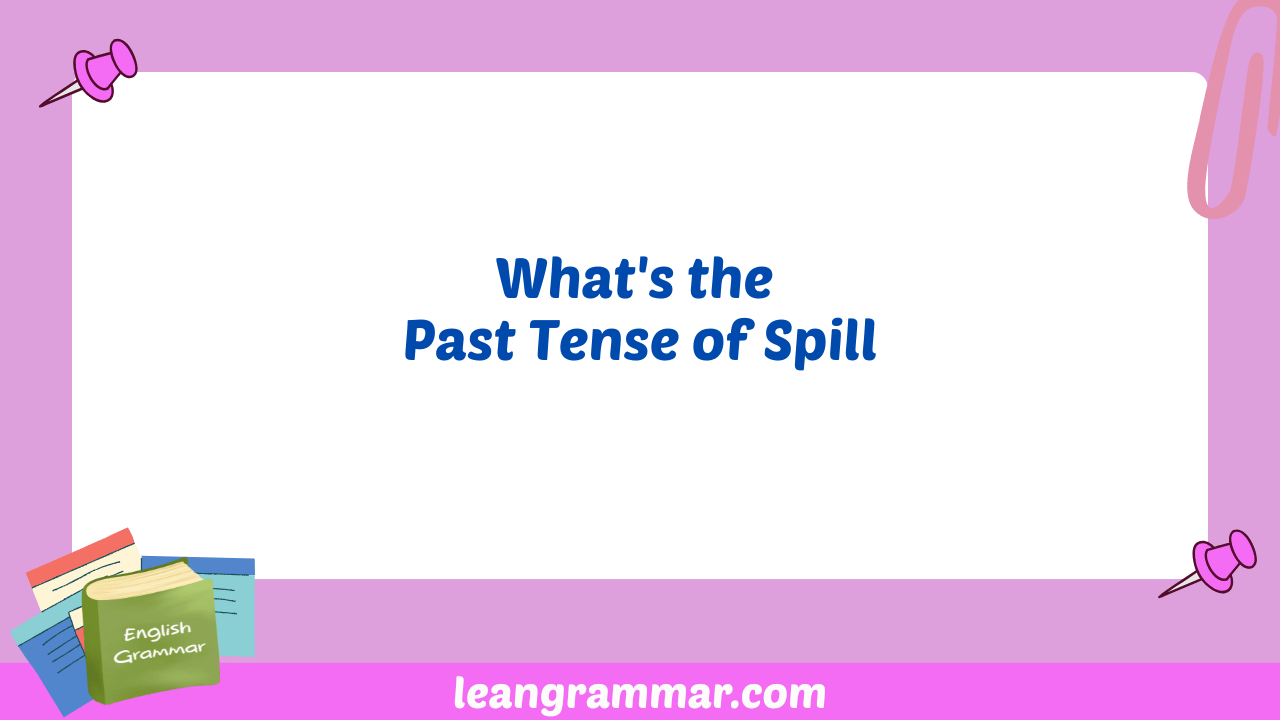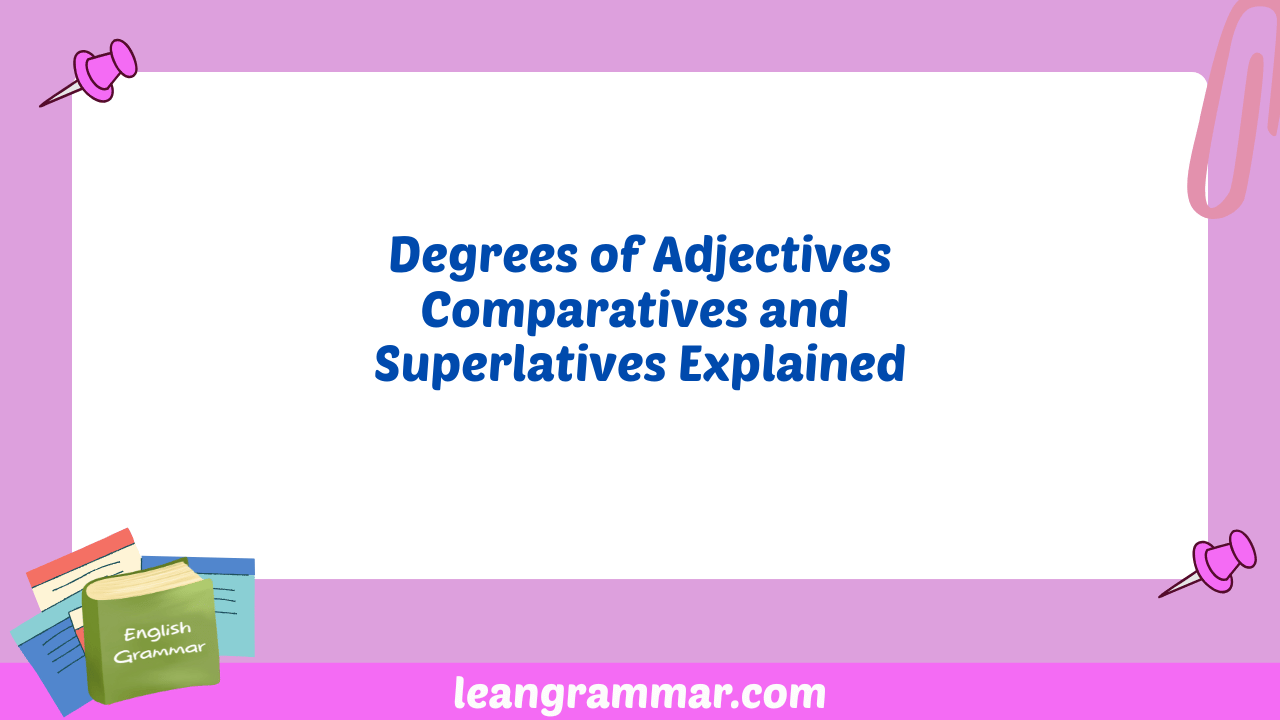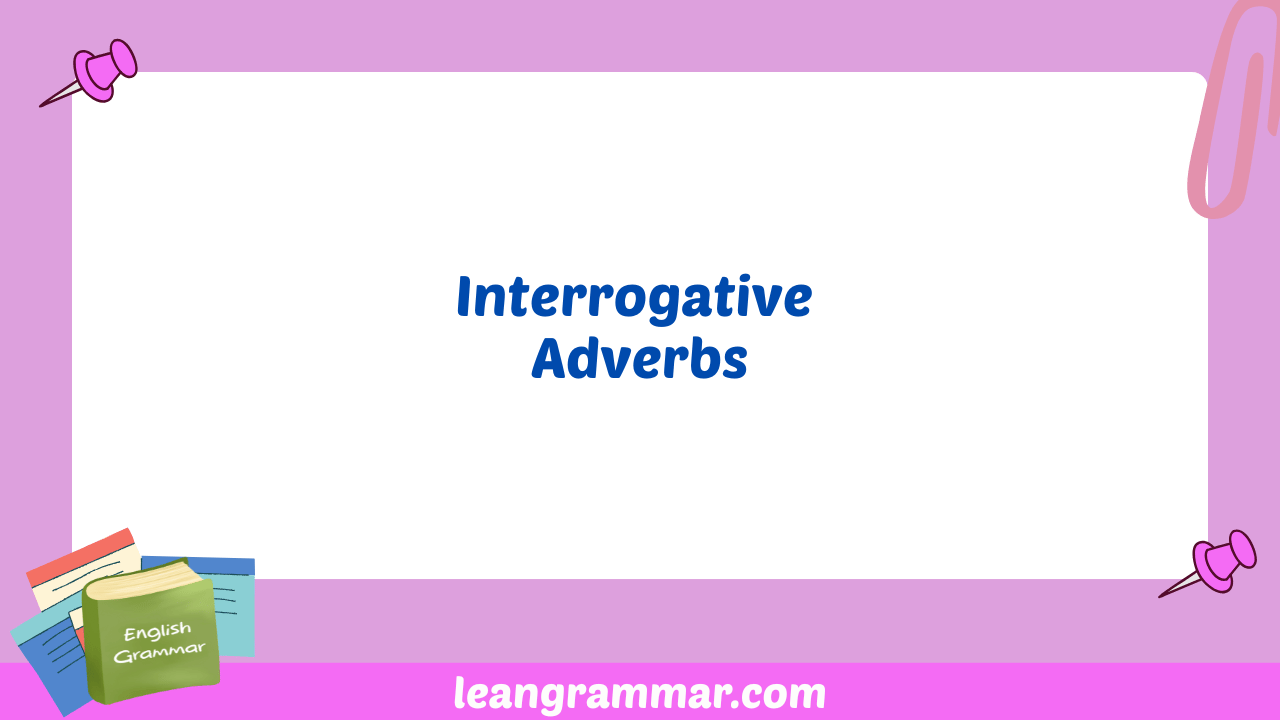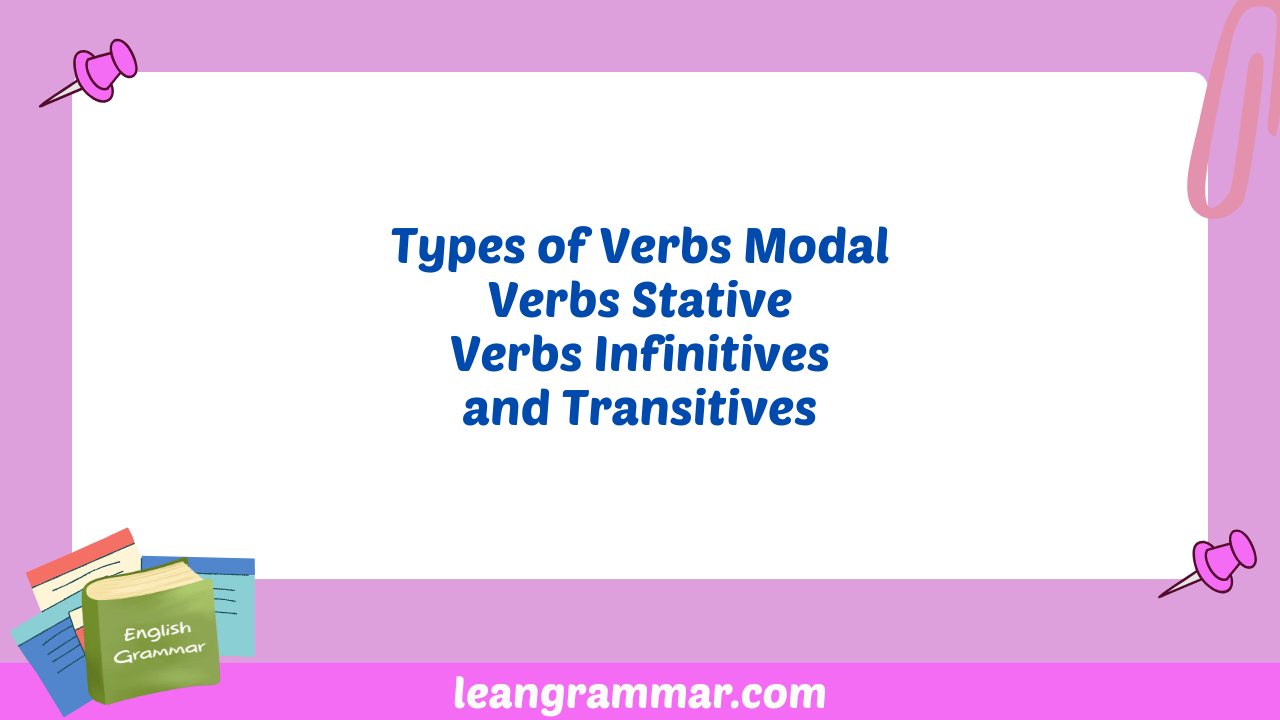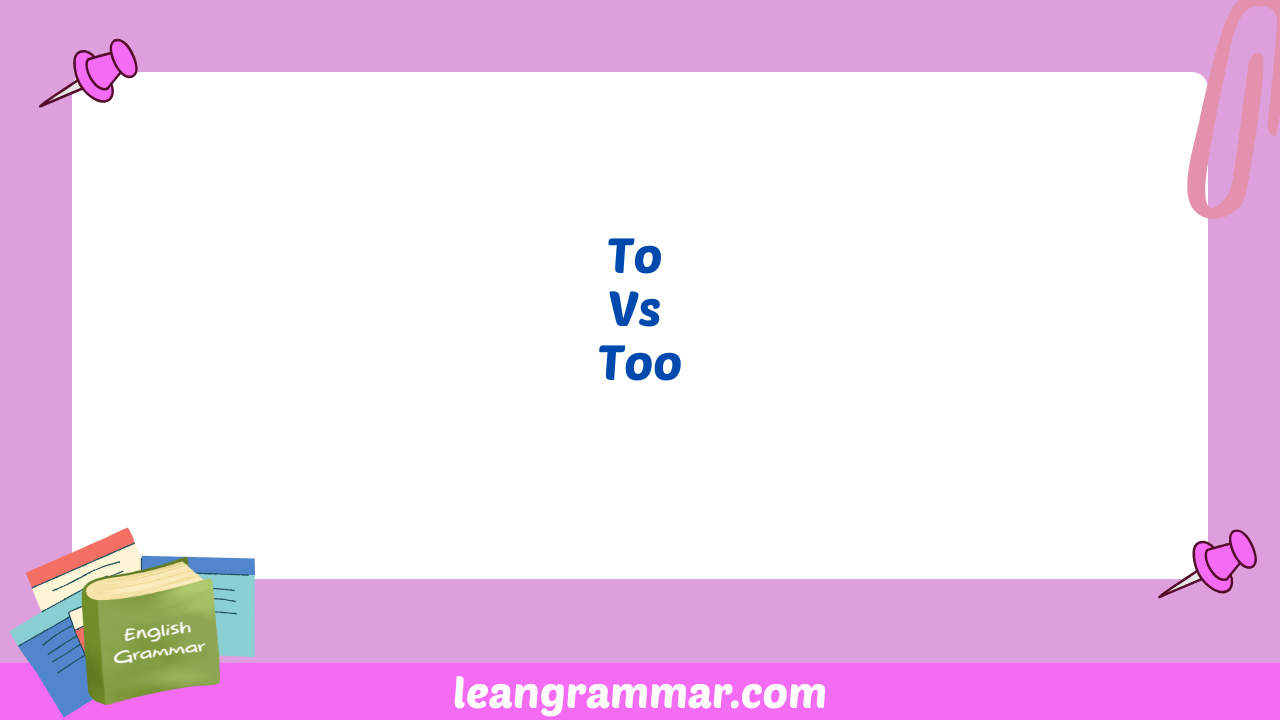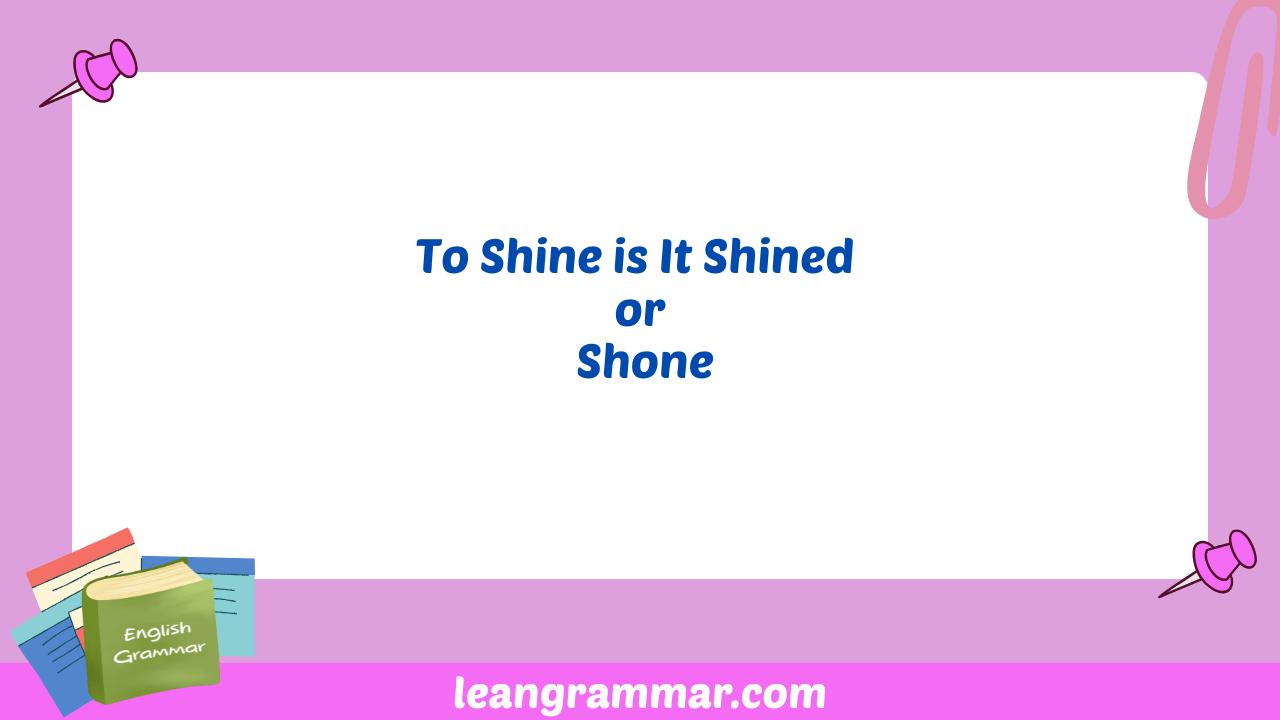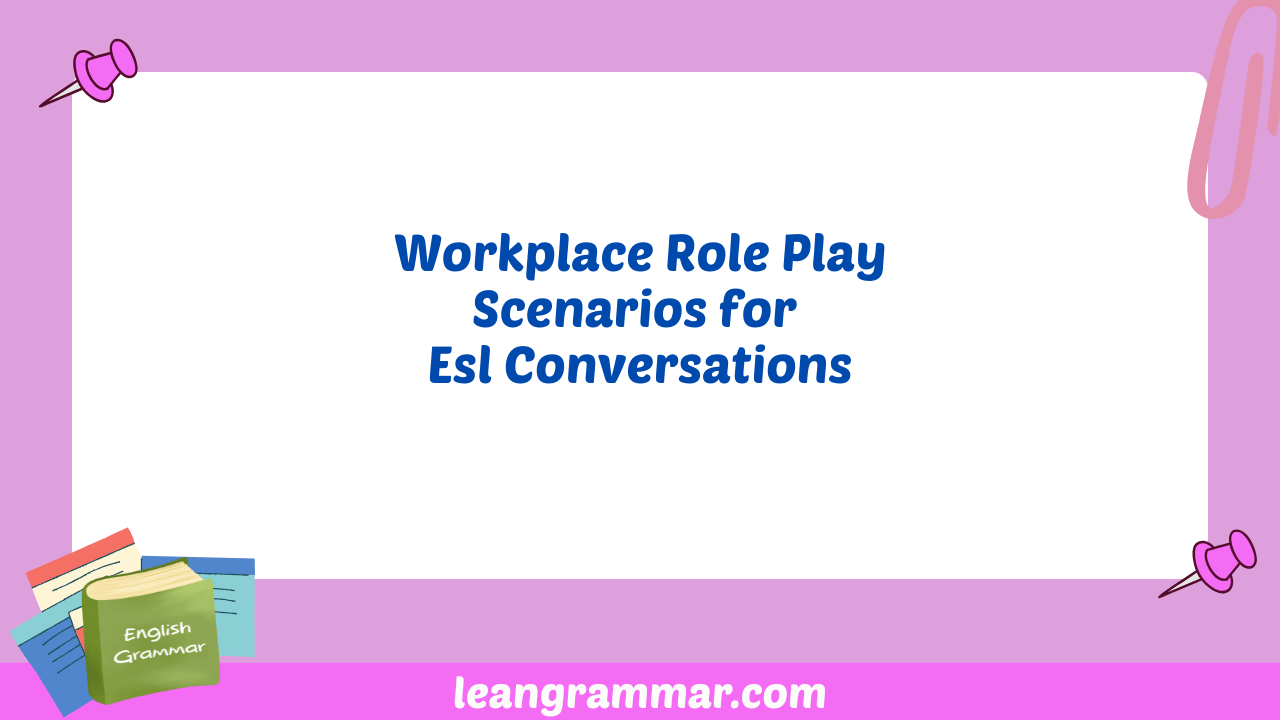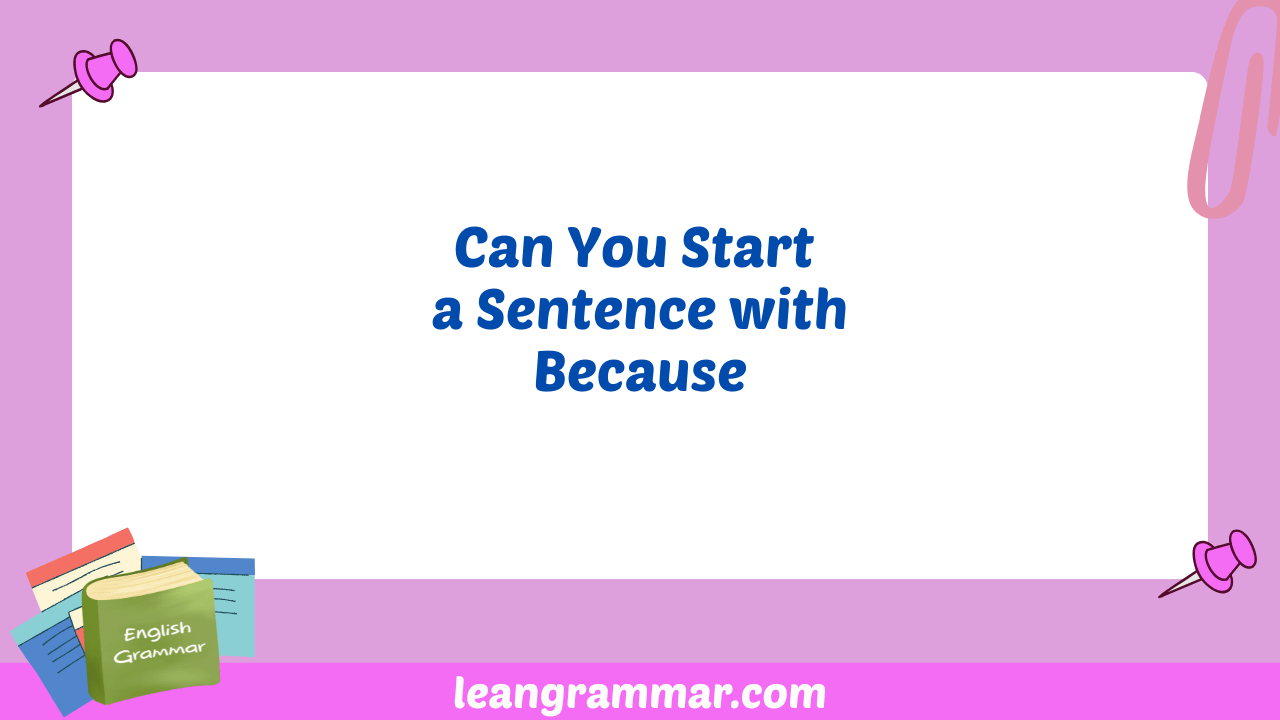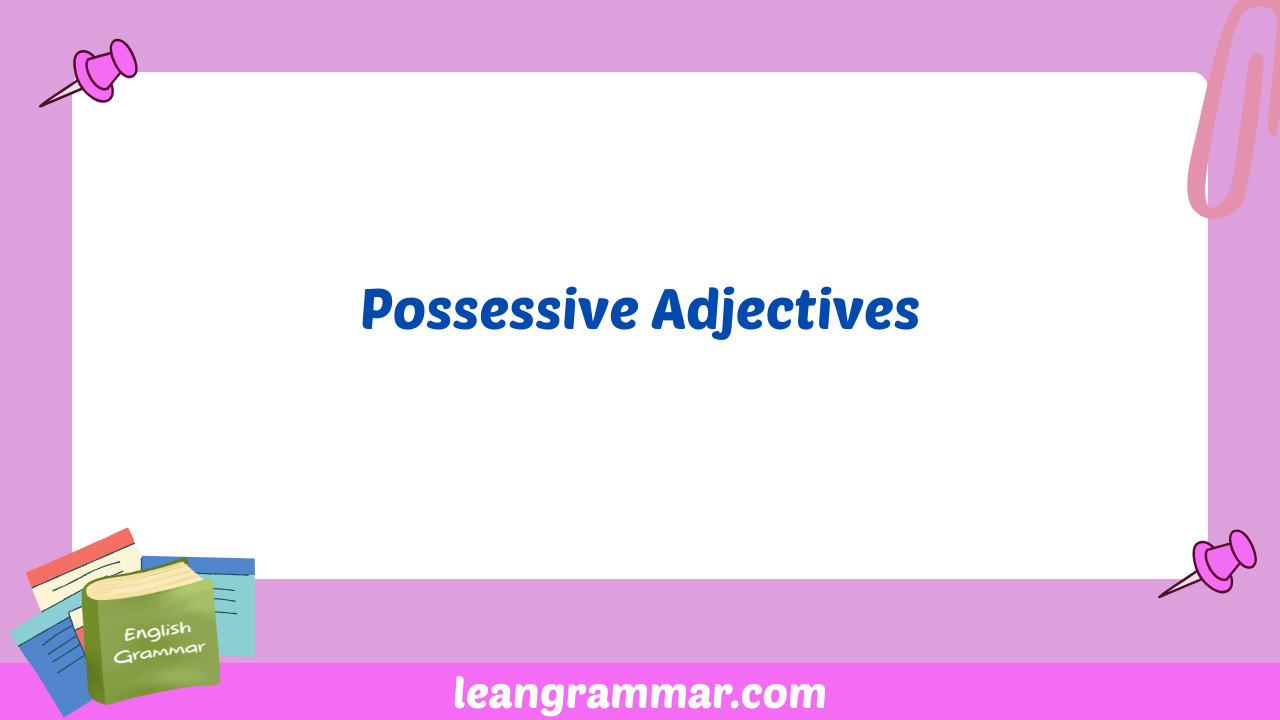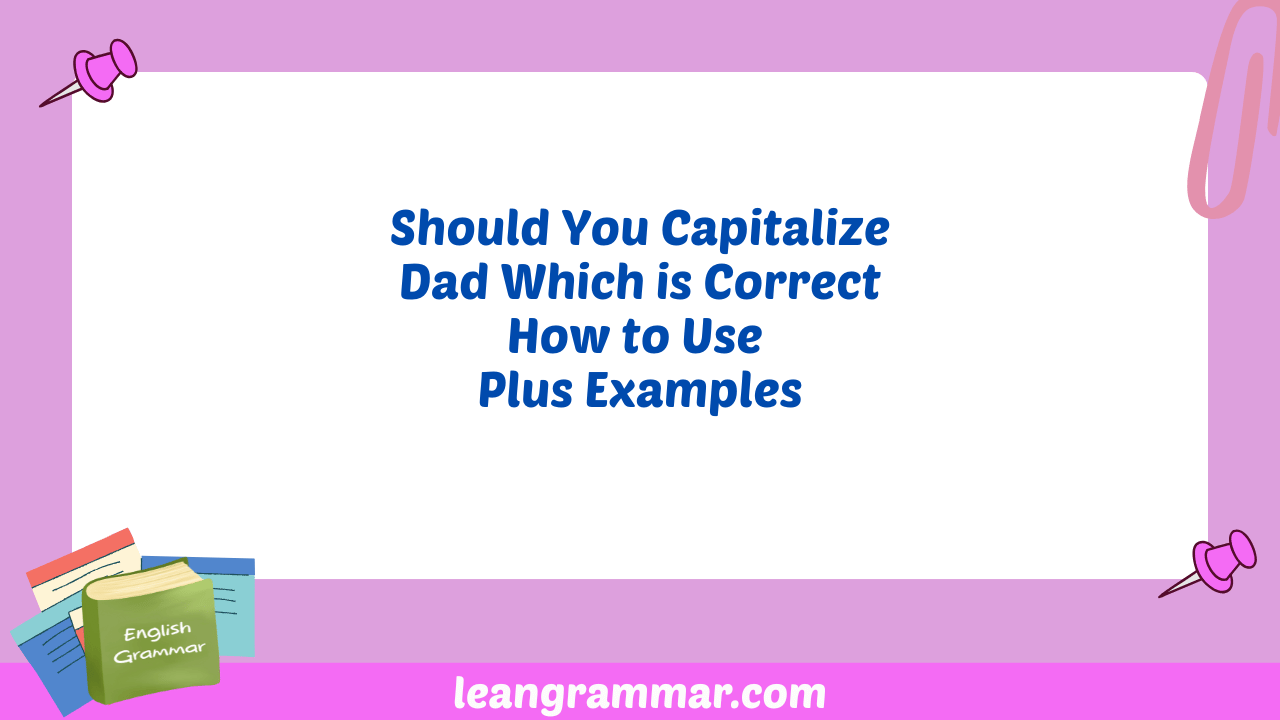Spilled or Spilt: Mastering the Past Tense of “Spill”
Understanding the past tense of irregular verbs like “spill” is crucial for effective communication in English. The verb “spill,” meaning to accidentally cause a substance to flow out of its container, presents a unique challenge because it has two accepted past tense forms: “spilled” and “spilt.” This article provides a comprehensive guide to mastering the … Read more
